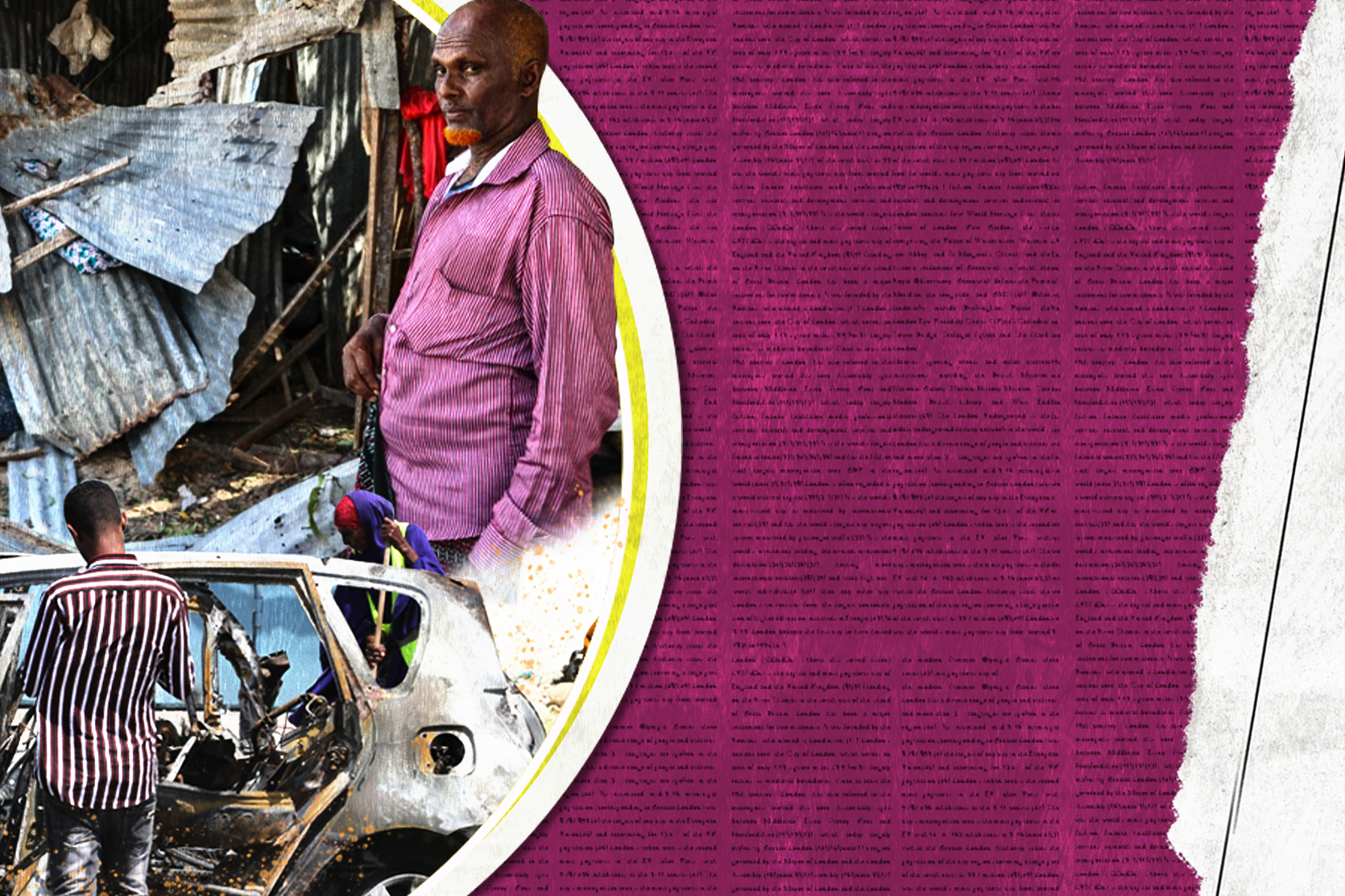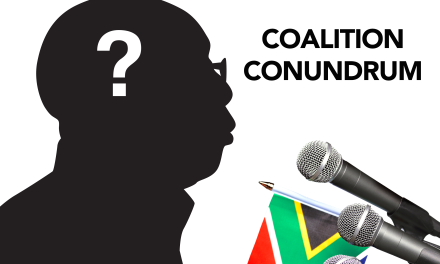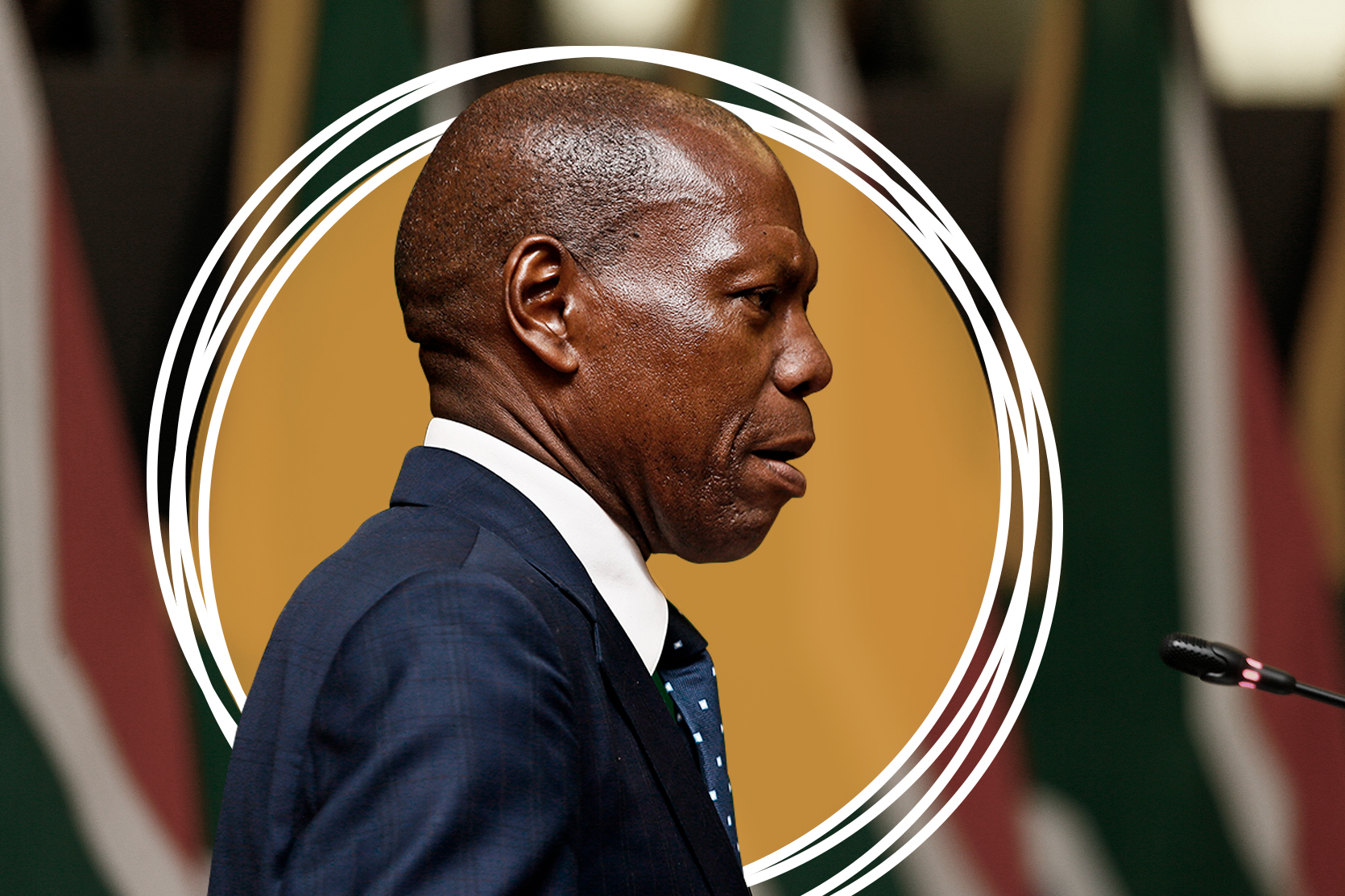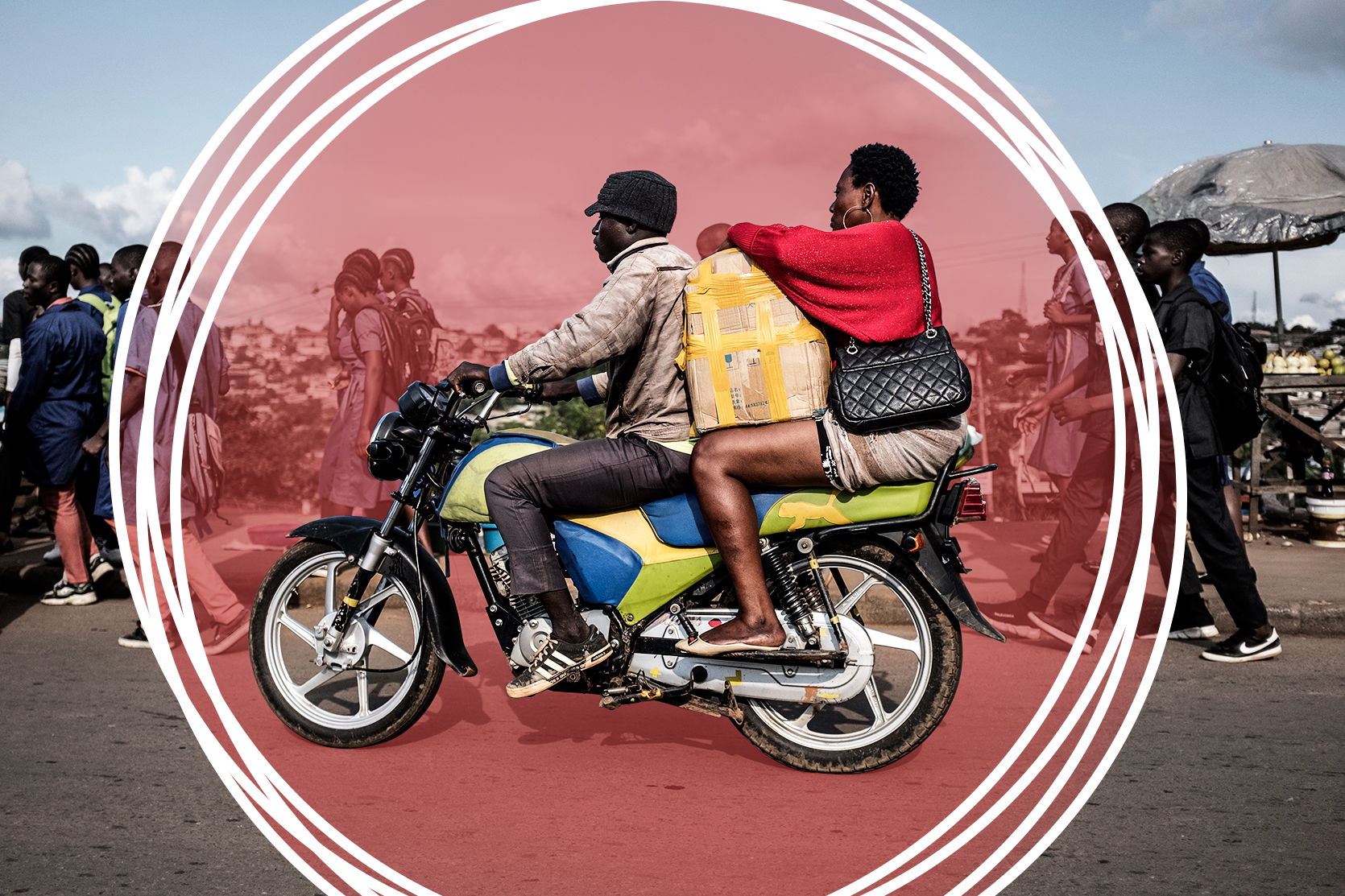
*The following article provides a summary of a chapter contributed to Extremisms in Africa Vol 3 co-authored by myself, Fatma Ahmed, and Jem Thomas entitled Using evidence-based research to directly improve P/CVE programming: A Case Study of a Social Network Analysis in Somalia.
Across the community of practitioners, policymakers, researchers and academics involved in Preventing/Countering Violent Extremism (P/CVE), laments are often heard of a paucity of deep research in the discipline. There are claims that projects are too often based upon a weak solid-evidence base, that researchers are too removed from practitioners (and vice versa), and that research is often unrelated to realities on the ground. Thus we decided, within the confines of an existing project in Somalia, to examine the benefits of deep primary research, and how such might go some way to tackling these issues.
Our case study analysed the utility of Social Network Analysis (SNA), a tool which maps relationships and flows between people, groups, organisations, and other connected information. The research and project design were conducted by Albany Associates, funded by the US Department of State. Albany partnered with civil society organisations (CSOs) in four Somali districts: Garowe, Mogadishu, Baidoa and Kismayo. These CSOs identified 175 research participants (aged between 18-35, both employed and unemployed), assessed the validity of the data, and helped with project implementation.
There are claims that projects are too often based upon a weak solid-evidence base, that researchers are too removed from practitioners (and vice versa), and that research is often unrelated to realities on the ground.
Somalia is a highly complex environment, within which historical, political and social dynamics have been exploited by violent extremist groups such as al-Shabaab, al-Qaeda and the so-called Islamic State. The research conducted was part of a wider project to prevent violent extremism within the country through strategic communications. The analysis of the findings found three main themes: Power and Identity, Communications and Trust.
Power and Identity
Through our research, we identified power and identity as important factors in the radicalisation process, borne of unemployment and insecurity. These latter factors were identified as the most common frustrations and concerns perceived by the participants.
In Somalia, youth unemployment is high, reported to be as high as 75% (exact statistics are difficult to ascertain). Unemployment is often intertwined with identity and a sense of self-worth; contributing to society can assist in avoiding a sense of marginalisation by a community. Al-Shabaab has used this to recruit new members, offering both wages and material goods which can give those youth who join status, power and an identity previously missing. Equally, insecurity leads to a sense of powerlessness. The research found a majority of the participants in rural areas did not feel represented within their political system. In a context where they cannot rely on the government, al-Shabaab offer an enticing alternative, particularly among the youth: protection to recruited individuals and their families, and a sense of empowerment.
In Somalia, youth unemployment is high, reported to be as high as 75%.
Communications
Once these frustrations and concerns were understood, it was vital to understand how and where individuals communicate, consume and share information. In the context of strategic communication and P/CVE, we often speak of counter and alternative narratives. We understood that in our programme, the role of narratives is crucial, especially when an extremist group uses them to influence popular perceptions. Our SNA findings provided an understanding of the information ecology of our participants and wider audiences.
We understood that in our programme, the role of narratives is crucial, especially when an extremist group uses them to influence popular perceptions.
The SNA found that across the four regions, a majority of respondents have access to smart phones, and radio is commonly used. Further, there is a high reliance on friends and families, not only to voice concerns and frustrations to, but also to turn to for advice and information. From our analysis, it is clear Al-Shabaab exploits networks to recruit and radicalise vulnerable communities. These insights into communication channels allowed us to target our interventions, ensuring the alternative and counter narratives reached our audience through the appropriate means and mediums.
Trust
We found that, unsurprisingly, the strongest trust relationship is between friends and family members. Trust levels ascribed to religious leaders were not uniform across the regions, as was also the case, for trust in international media. The SNA also demonstrated which sources for trusted advice were not related; individuals were not at all likely to seek advice from associations/groups. Not one respondent cited NGOs and Human Rights CSOs as sources of advice.
Trust is fundamental in any P/CVE project, enabling predictability, community and collaboration, and a prerequisite for social order.
Trust is fundamental in any P/CVE project, enabling predictability, community and collaboration, and a prerequisite for social order. By examining patterns of which influencers are connected (or not), it is possible to infer an underlying pattern of advice-seeking relationships, and hence a degree of trust, among the respondents. Outside family and friends, our research indicated highly complex trust networks, varying across the regions, worthy of further, deeper examination. Notably, when it comes to trust, a ‘one-size-fits all’ approach appeared insufficient, with local sociocultural factors having considerable sway. However, where possible, our programme activities used these localised trust networks to communicate through.
Impact on programming and conclusion
The SNA gave the programme designers a deep, contextually rich sense of the target audience within which P/CVE activities operate. No campaign would succeed without knowledge on where people receive information, or who is trusted to deliver those messages. Alternative or counter narratives would be unsuccessful if there was not an understanding of what leads individuals to be radicalised.
This knowledge led to demonstrable impact. Beneficiaries previously afraid to speak out about al-Shabaab dedicated themselves to it, Imams who initially refused to speak openly on the radio about violent extremism requested to do so by the end of the project. One partner organisation trained youth to become Peace Ambassadors; they received more applications than needed and are planning to run similar programmes in the future to meet the demands.
Beneficiaries previously afraid to speak out about al-Shabaab dedicated themselves to it, Imams who initially refused to speak openly on the radio about violent extremism requested to do so by the end of the project.
Social science research methodologies, such as a SNA, can provide significant advantages and insights in addressing “push” factors and informing alternative-narrative campaigns. Local expertise and knowledge are an absolutely critical part of that research process. As Albany has long championed, “make it theirs” – empower local people to engage with and solve their own issues in their own contexts. This equally applies to ground research. Without serious local insight, even if it takes time and resources, no project will succeed.
We’d love to hear from you! Join The Wicked Conversation by leaving your comments below, or send your letter to the editor to stephen@gga.org.
To get your copy of Extremisms: Volume 3, click on your preferred link below:
Loot: https://tinyurl.com/yyzvaxmu
Takealot: https://tinyurl.com/yxqdm7by
Amazon Kindle: https://tinyurl.com/y3zgz55f
Amazon Print edition: https://tinyurl.com/y3gw5xxo












